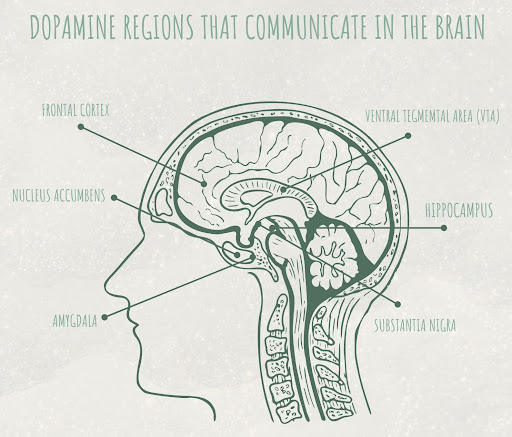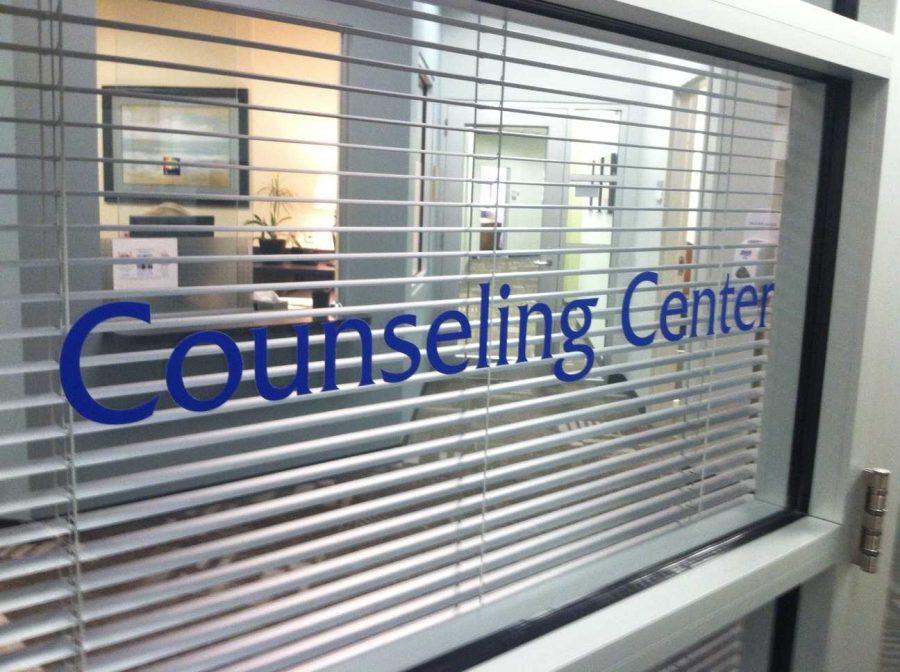There’s a universal rule when engaging online with trolls and bullying: Ignore them and don’t feed into their commentary.
Social media is a platform designated for users to share content and participate in networking. Immediate responses — both positive and negative — come with social circles. Although communities online usually find a safe place to sit and unwind after a long day, there will still be spaces where trolls can infiltrate.
Rewarding Stimuli
Social media platforms allow users to have a space for connection and to speak freely about whatever they’d like. The effect of social media on the brain has negative and positive outcomes. Users might find themselves endlessly scrolling through platforms such as TikTok and Twitter for hours on end. It’s an addictive activity, although it may be enjoyable there are some disadvantages.
Posting content on social media allows all users on the platform to give their criticism or commentary. In this case, rewarding stimuli are in play. For example, if a user posts an image of their own art and some users hype it up in the comments, they’ll feel rewarded.
Dopamine is a neurotransmitter that the body creates, it builds up to pleasure. Therefore, dopamine is not the feeling of pleasure itself, but the expectations before it occurs.
The nervous system uses dopamine to send messages to the rest of the nerve cells. In this sense, dopamine enhances these memories of reward and signals areas in the brain to elicit an emotional response. It determines our mood, memory, focus, and movement.
Reacting to social reward in this aspect is normal. However, to avoid gut-wrenching feelings whenever receiving a negative comment, it’s best to avoid feeling reassured by the positive comments. According to the Frontiers in Behavioral Neuroscience, “Reward processing encompasses neural reactivity associated with anticipation and consumption of positive gains, such as monetary winnings or social approval, as well as behavioral learning that motivates future actions.” Being contemptuous about how to feel about yourself is significant in removing the longing effects negative comments have on mental health.
Social media plays into the rewarding principle. It’s simple, a user publishes a post and waits for the interactions to kick in. Each component in the brain works together to send this happy little chemical for stimuli. Dopamine sends messages to the nucleus accumbens to process rewards and motivate behavior. The hippocampus is the learning and memory center. The amygdala processes emotions. For reasoning, problem-solving, and social interaction is the frontal cortex. In terms of social media use, this quick gratification reinforcement activates the striatum ventral, which is the part of the brain that manages different cognitive uses such as decision-making, motivation, and reward.

Negative Social Potency
What’s the reasoning behind users indulging in trolling? There are various reasons why one might engage in negative behavior. For the most part, it is the enjoyment of one’s willingness to be cruel and judgemental towards others for their personal gain. It is basically for entertainment purposes, specifically the power and strength a troll might receive when exhibiting negative social potency.
Trolls sometimes enjoy the psychological distress they put on others. They can express these behaviors behind a screen; it’s easier for them to indulge without facing harsh consequences. Since their goal is to impact others negatively, if they see one is annoyed or has a reaction, they continue the behavior.
The only way one can truly deal with trolling and bullying is to ignore them. Feeding into their remarks only drives them to make more, and in the end, only harms you. It’s not something you can do overnight. These kinds of social experiences take time, especially when it comes to restraint. If you feel like you need to respond, try one-word responses at a time or point out their tactics. It is also always okay to block someone on your platform if it becomes an issue.
Resources on campus
If you feel like online spaces have become overwhelming and certain commentary sticks with you for so long that it affects your mental health, take all the steps you can to revert back. Blocking or banning trolls on platforms removes their hovering existence on your feed. Make sure to do reaffirmations to yourself. This can help ground you. Another way is surrounding yourself with family and friends. Remember that the negative comments are just for others’ cruel entertainment.
If you feel as if you’re stuck and want to discuss personal matters with professionals, check out UNF’s Counseling Center.
___
For more information or news tips, or if you see an error in this story or have any compliments or concerns, contact editor@unfspinnaker.com.
















